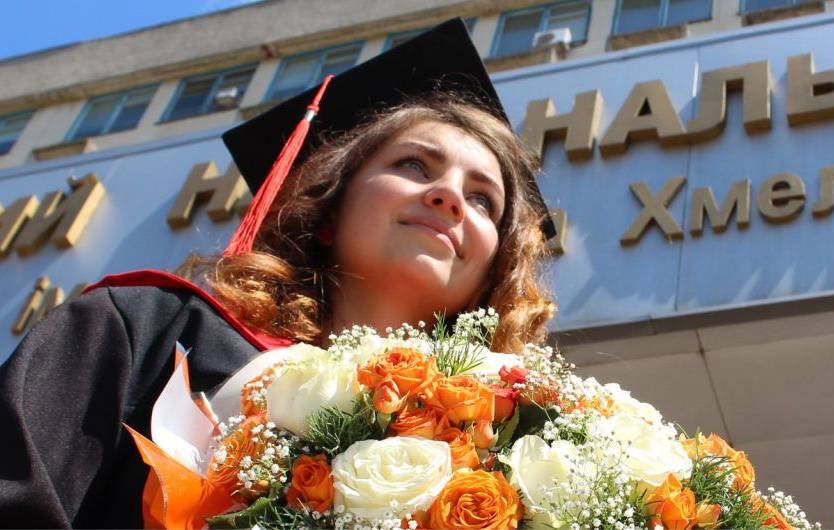The lecturers of Bohdan Khmelnytsky National University of Cherkasy, Professor Olena Vovk, Associate Professor Yuliia Shuba, and Senior Lecturer Viktoriia Tokarchuk visited Aston University (Birmingham, the United Kingdom) for the first time within the framework of Erasmus+ KA2 international project “Foreign Language Teacher Training Capacity Development as a Way to Ukraine’s Multilingual Education and European Integration / MultiEd”.
Five extremely busy and interesting working days gave the participants of the project an opportunity to immerse themselves in the atmosphere of the multilingual and multicultural educational space of Aston University, to learn from the experience of British colleagues regarding the implementation of multilingual education, the usage of modern teaching technologies and approaches to the evaluation of student learning outcomes, as well as to share the results, obtained during the implementation of the project.
During the workshop with Dr. Stephen Pihlaja, the audience learnt many interesting things about how the social identity of an individual manifests itself in a multilingual society, and what factors influence a person’s definition of his/her linguistic identity. Professor Donald Freeman encouraged the participants of the visit to think about the issues of teacher-student interaction in the teaching process and engaged in a discussion of the reasons for the (in)efficiency of the tasks offered to students. Professor Kathleen Graves invited Ukrainian colleagues to join the conversation about the development and usage of authentic educational materials. Dr. Nur Hooton familiarized the audience with the results of the TEFE (Teachers of English for Future Europe) project. Dr. Gayatri Patel conducted an extremely interesting workshop on the topic of using artificial intelligence, in particular ChatGPT, in the educational process and in the development of curricula and programmes. Dr. Chris Umfreville drew the attention of the study visit participants to the development and application of a system of authentic assessment of students’ knowledge and skills.
The balanced programme of the study visit gave an opportunity not only to learn many useful and interesting things about the peculiarities of the educational process at Aston University, but also to get involved in British culture – to visit Stretford-upon-Avon, where W. Shakespeare was born, to take a walking tour with a local guide down the streets and along canals of Birmingham, to taste national dishes. The participants of the project also had the opportunity to take part in the public life of the city of Birmingham by visiting the city council.
During communication with council members, educators learnt about how the city government helps refugees from Ukraine to adapt to new living conditions because many Ukrainian citizens found refuge in the United Kingdom, including Birmingham after Russia’s full-scale invasion of Ukraine. The study visit left behind unforgettable impressions and valuable experience, worth being taken into account in the organization of the educational process in Ukrainian higher education institutions.













